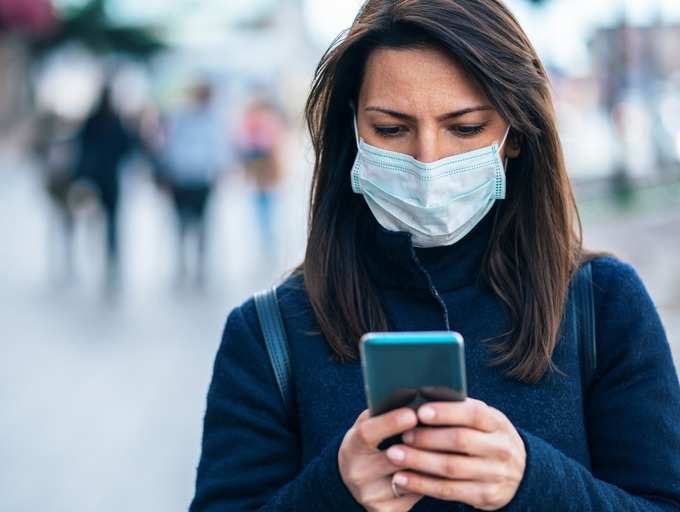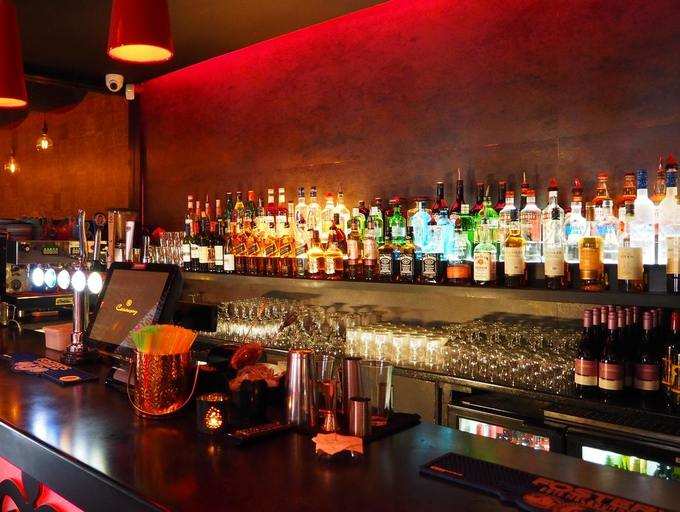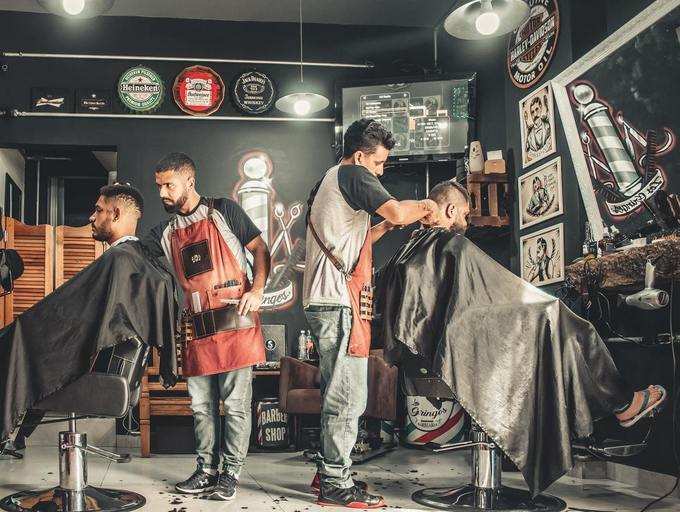01/6Myths and facts about microwave ovens
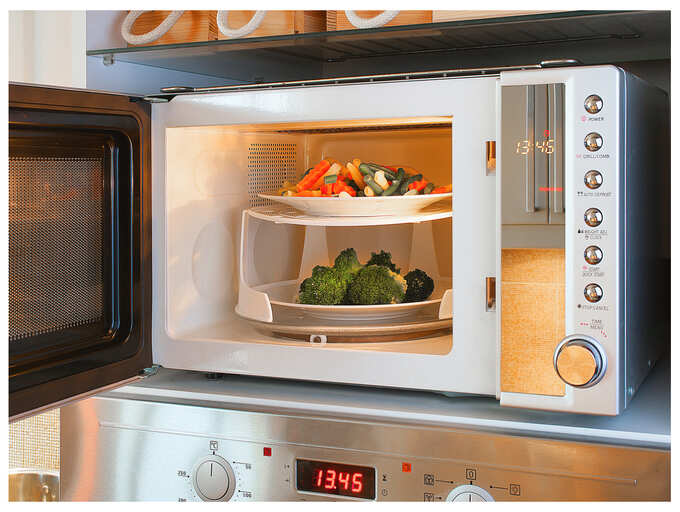
Microwave ovens are the best human inventions in the culinary world so much so that they have become a quintessential part of our day-to-day lives. Right from cooking food in just a matter of seconds to reviving the freshness of a cold and bland meal, microwave ovens are no less than a saviour and a lazy man’s companion.
Of late, with an increase in health consciousness, there have been several myths around the usage of microwave ovens on a daily basis and how it can affect the quality of food and impact our overall health. Well, this has been a matter of debate since its inception, but we cannot rule out the fact that this simple invention has made our lives easier, but at the same time it is essential to understand the impact of re-heating or cooking meals using radiation. Read on and we delve deep into the facts and myths about microwave ovens.
02/6Heats food inside out!
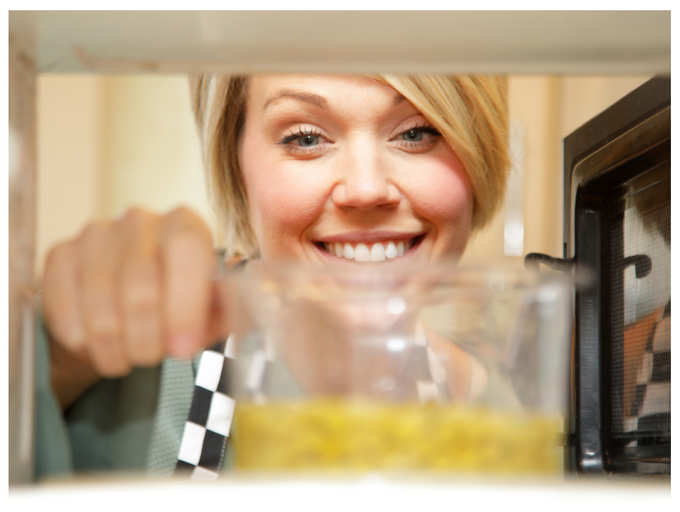
Interestingly, around 70% restaurants and eateries around the world use microwave ovens to cook their meals faster than ever! This not only saves time , energy and gives the customer the happiness of eating warm food. In fact, many people believe that the microwave oven cooks food inside out but the reality is that the outer layer is cooked first and then gradually the core of the food or meal gets heated. It actually works opposite the outer layer first and then the inner layer of the food.
03/6Are microwave ovens energy efficient?
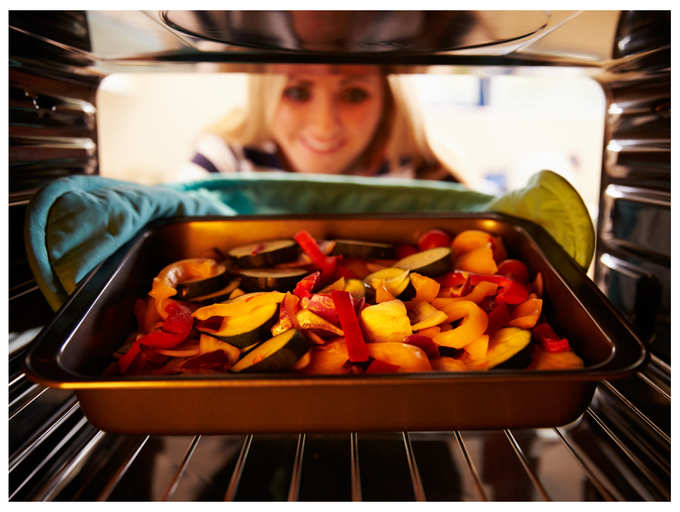
Well, this common myth is actually a reality, microwave ovens are much more energy efficient as compared to conventional ovens. In fact, reheating food in just a few seconds can save upto 80% percent electricity, but it does vary in terms of cooking an entire meal using a microwave oven. So, the portion and time of cooking actually decides the usage of energy, but as compared to conventional methods of cooking like coal, gas or LPG, microwave ovens are really energy efficient.
04/6Does heating oil in a microwave oven catch fire?

Well, this is certainly a myth having said that even if you warm oil in a container, the radiation heats up the container first and gradually the oil, and too much hot oil can turn dangerous. However, if you want to warm the oil, make sure you do so for just a few seconds that too by keeping an eye on the container. Moreover, heating frozen butter or olive oil in a microwave isn’t really a great idea because the molecules of olive lack polarity, which is found in water. Similarly, frozen butter has water molecules in the form of ice wrapped around butter, which makes it difficult to melt. Thus it's best to not heat oils at a very high temperature using a microwave oven.READMORE
05/6Using a metal is strict No!
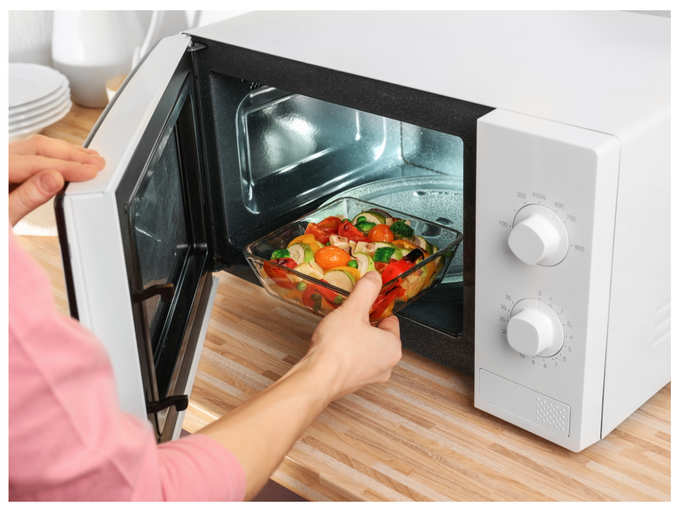
Well, in many countries it was believed that microwave ovens can heat the metals to a level that it will be difficult to cook in metal utensils. But on the contrary, the reason why metal utensils are a strict No for microwaves ovens is because metals reflect and react to microwaves, which can lead to sparks and even short circuits.
06/6Avoid the use of plastics
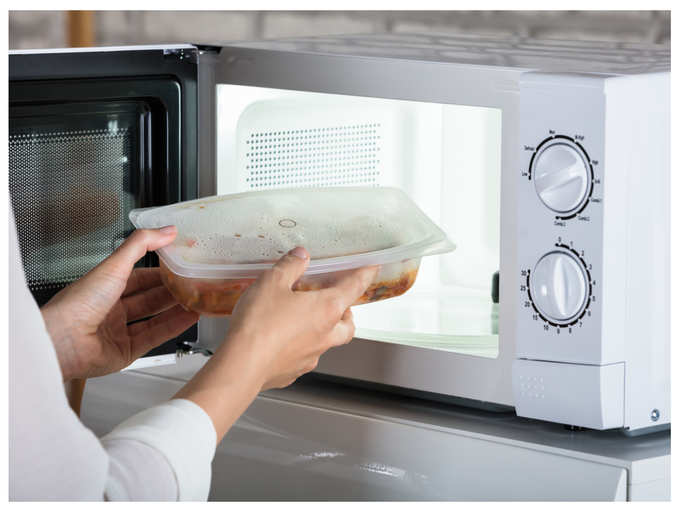
Microwave ovens cook food using radiation and that’s why it is essential to use the right cookware and using any random plastic can result in melting and leaching out of harmful chemicals into the food.
Hence, using microwave safe cookware is the best way to cook in a microwave oven. However, you need to ensure that the cookware you use does not have cracks or scratches as this can also lead to leaching out of toxic chemicals like Bisphenol A into the food, when the food is heated. Also avoid heating in the same plastic cookware, when it is already hot as excessive heat can also release toxic chemicals into the food. Thus, it is better to use either ceramic cookware or microwave safe plastic to cook or heat in a microwave oven.









